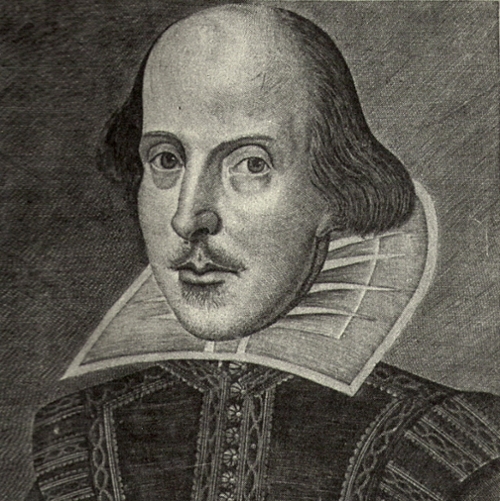Dramaturgical Resources
2011
The Winter's Tale
By William Shakespeare
Over the course of the season, our assistant directors and student dramaturgs will be compiling dramaturgical resources relating to each production as it develops. Below are some links to websites which relate to the history of the play, the biography of the playwright, and sites that contextualize and, we hope, shed light on the directorial approach to the dramatic material.
We hope you find these resources of interest.

William Shakespeare (23 April 1564 - 23 April 1616)
William Shakespeare was quite possibly the most famous playwright of all time. Born in 1564 in Stratford-upon-Avon, he wrote 38 plays before his death in 1616. Since he was writing during the rule of Elizabeth I, his work followed the tradition of Elizabethan theatre. Though most mainstream academic circles maintain that Shakespeare wrote all of his plays, some theorists doubt the authenticity of his authorship.
Shakespeare wrote at a time when the oral tradition was still an integral part of the English culture and society.
The Winter’s Tale is categorized with The Tempest and Cymbeline as one of Shakespeare’s late plays. All three plays are considered to be romances.
For this production, we are approaching the text (as actors) according to John Barton’s guidelines, outlined in Playing Shakespeare.
For a brief introduction to understanding Shakespeare’s language, click here.
In The Winter’s Tale, questions of paternity feature heavily in Leontes’ jealous rage.
The transition point of the play from tragedy to comedy centers around the stage direction “Exit, pursued by a bear.” Bears are often associated with rebirth in folklore tradition, as cubs were believed to be born dead and then licked into shape by their mothers.
In the second half of the play, characters gather together at a sheep-shearing festival.
Rochester’s very own Professor Kenneth Gross is an expert on the tradition of the moving statue, like the one appearing at the end of The Winter’s Tale. This is said to be a prime example of ekphrasis.
Todd Theatre’s production is indebted to the art of Bunraku puppetry. To see a video of Bunraku, click here.
